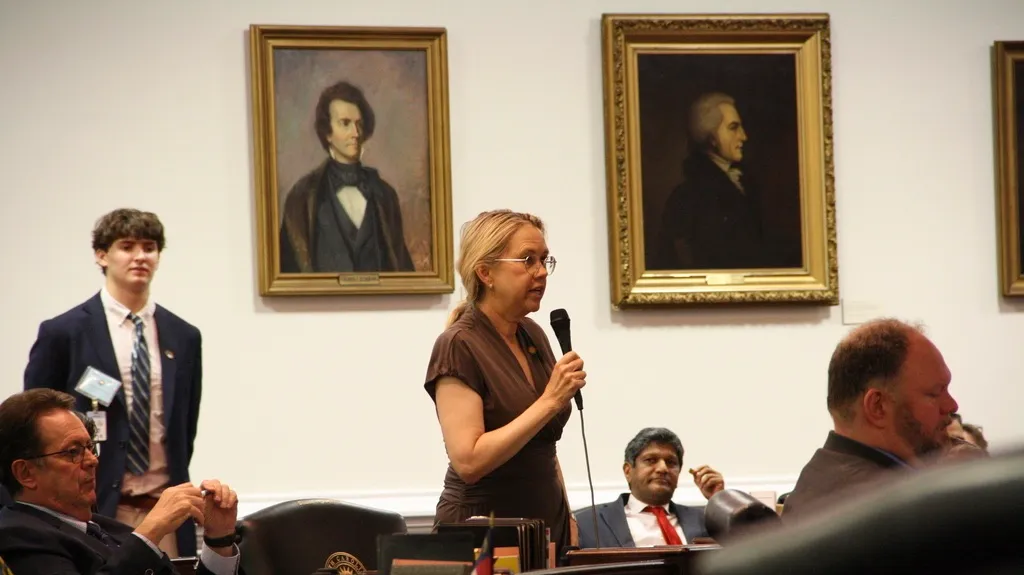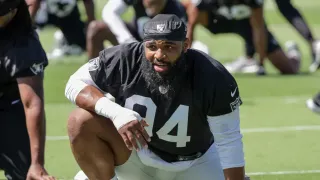September 19, 2018
Macron Announces Changes to France's Health Care System
Sylvie Corbet READ TIME: 2 MIN.
French President Emmanuel Macron on Tuesday unveiled plans to make France's health care system, considered one of the best in the world, more efficient and sustainable for the next 50 years.
Macron announced organizational changes at hospitals, in the recruitment of doctors, and a better use of digital technologies to provide health care to patients across the country, regardless of where they live.
Macron said "a lot of our neighbors envy the excellence of our health care system. We are attached to our model which associates hospital medicine - public and private - and private medical practice."
France came out number 1 in a World Health Organization report comparing 191 countries in 2000.
But the country's health care system is struggling with increasing costs and lack of doctors in some rural region and poor neighborhoods.
One short-term measure consists in hiring 400 family doctors - paid by the state- in so-called "medical deserts."
The current rule that sets quotas on the number of students in medicine, dentistry and pharmacy will be abolished in 2020.
Hospitals will be classified into in three categories: local health care, specialized care and ultra-specialized care - each focusing on its priorities, to optimize patient care.
Private doctors and other health care professionals will be required in the coming years to organize themselves into "communities" to be able to respond to daily emergency calls from 8 a.m. to 8 p.m. every day in their geographic area - leaving hospitals for only the most serious cases.
The set of measures is estimated to cost 3.4 billion euros ($4 billion) by 2022.
"My ambition is clear: I want what we call the health care system to be one of the pillars of the welfare state of the 21st century," Macron said. "A health care system that prevents and protects against today's and tomorrow's health risks."
France's health care system involves a state-funded health insurance that reimburses patients for most medical interventions and medicines prescribed by a doctor.
France's health insurance budget in 2018 is 195.2 billion euros ($229 billion) - financed by taxes.
In addition, the French can also apply to private insurance to increase their health coverage.







